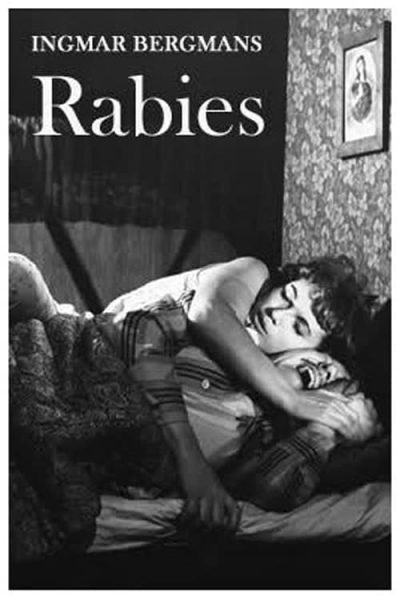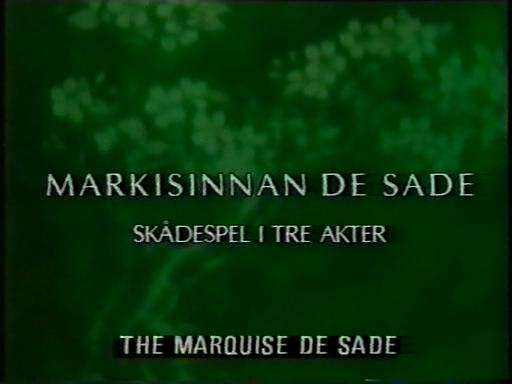

While waiting for the night rehearsal of the ballet Swan Lake, the lonely twenty-eight year-old ballerina Marie receives a diary through the mail. She travels by ferry to an island nearby Stockholm, where she recalls her first love Henrik. Thirteen years ago, while traveling to spend her summer vacation with her aunt Elisabeth and her uncle Erland, Marie meets Henrik in the ferry and sooner they fall in love for each other. They spend summer vacation together when a tragedy separates them and Marie builds a wall affecting her sentimental life.Read More »







